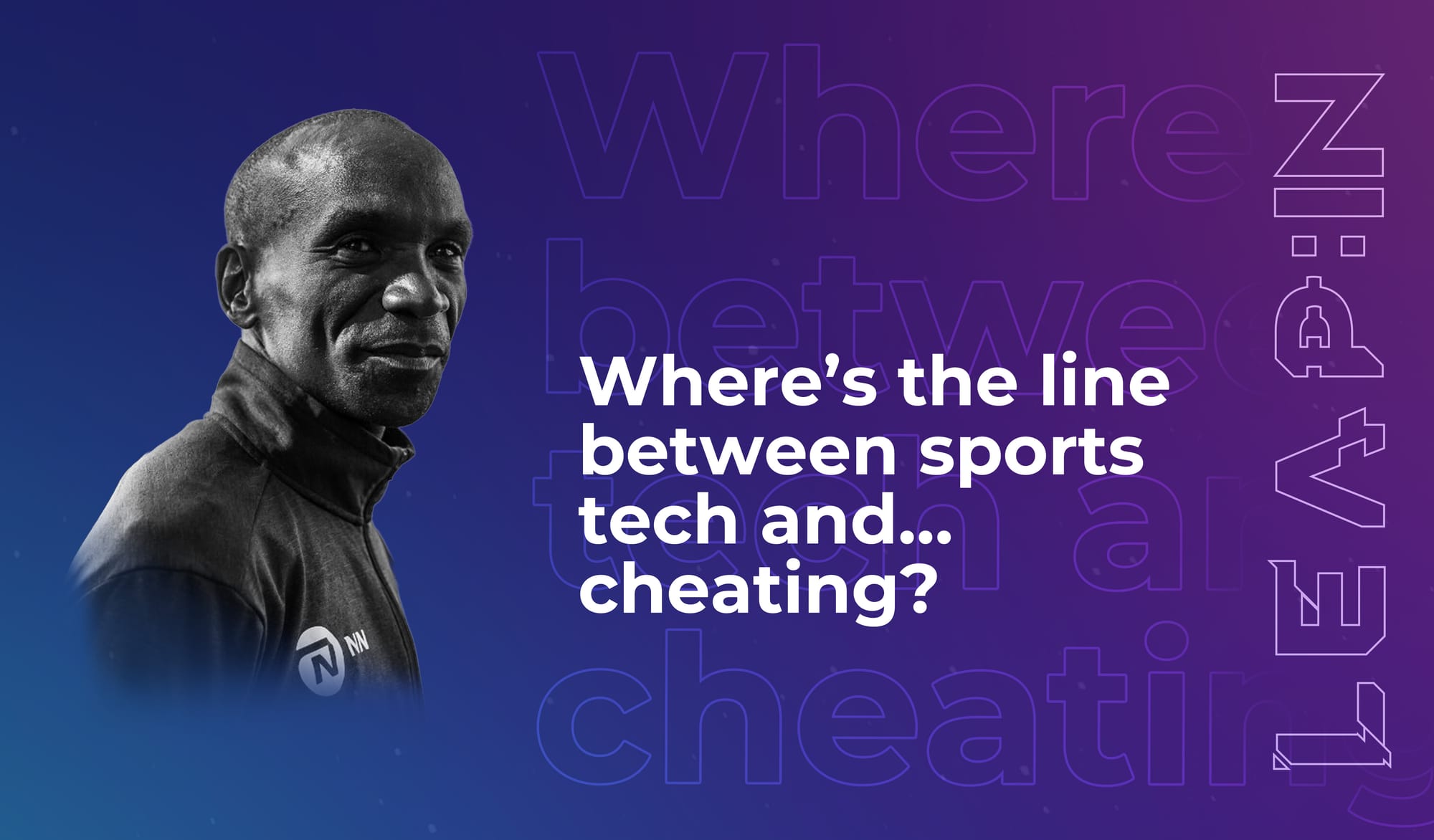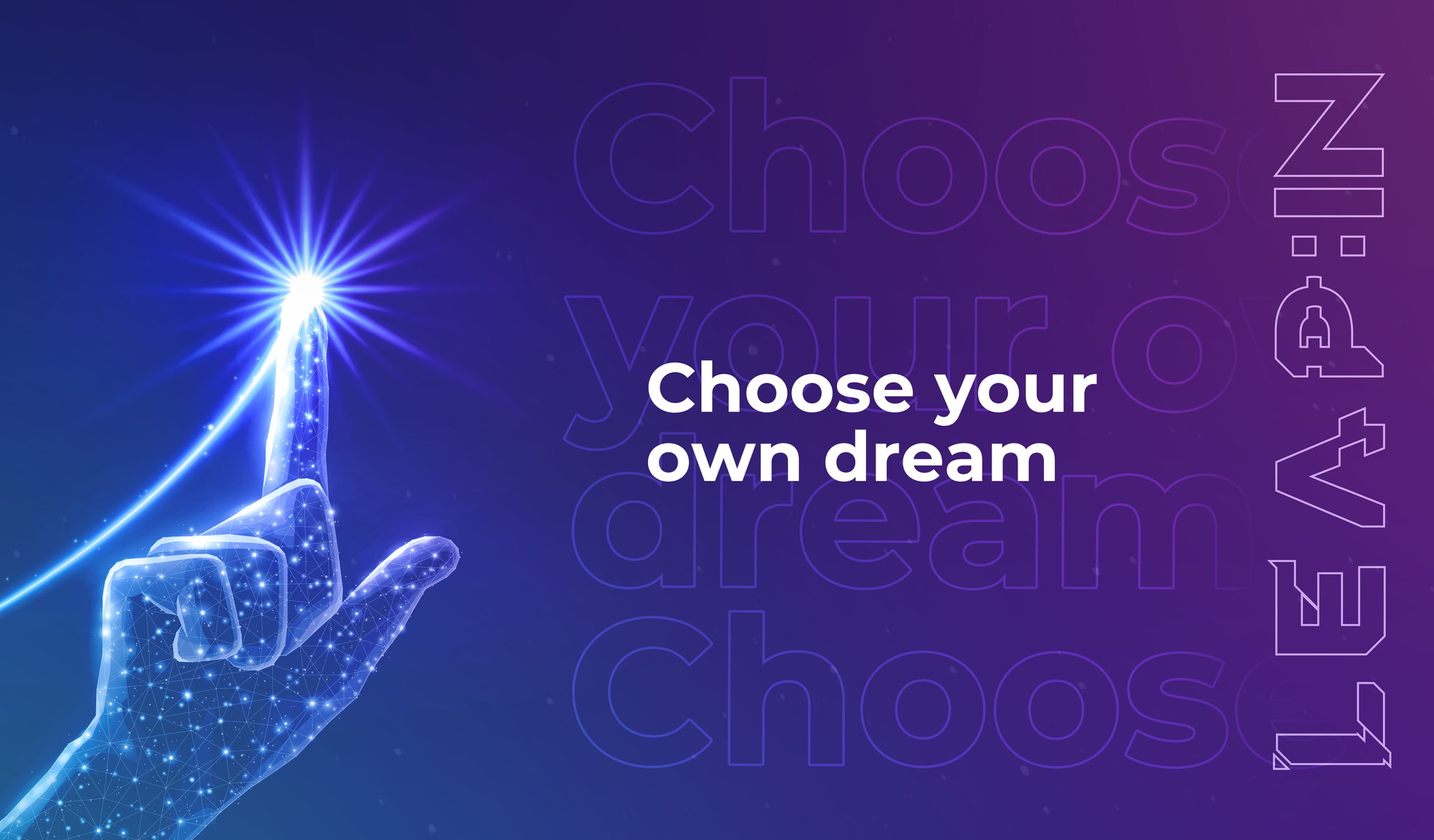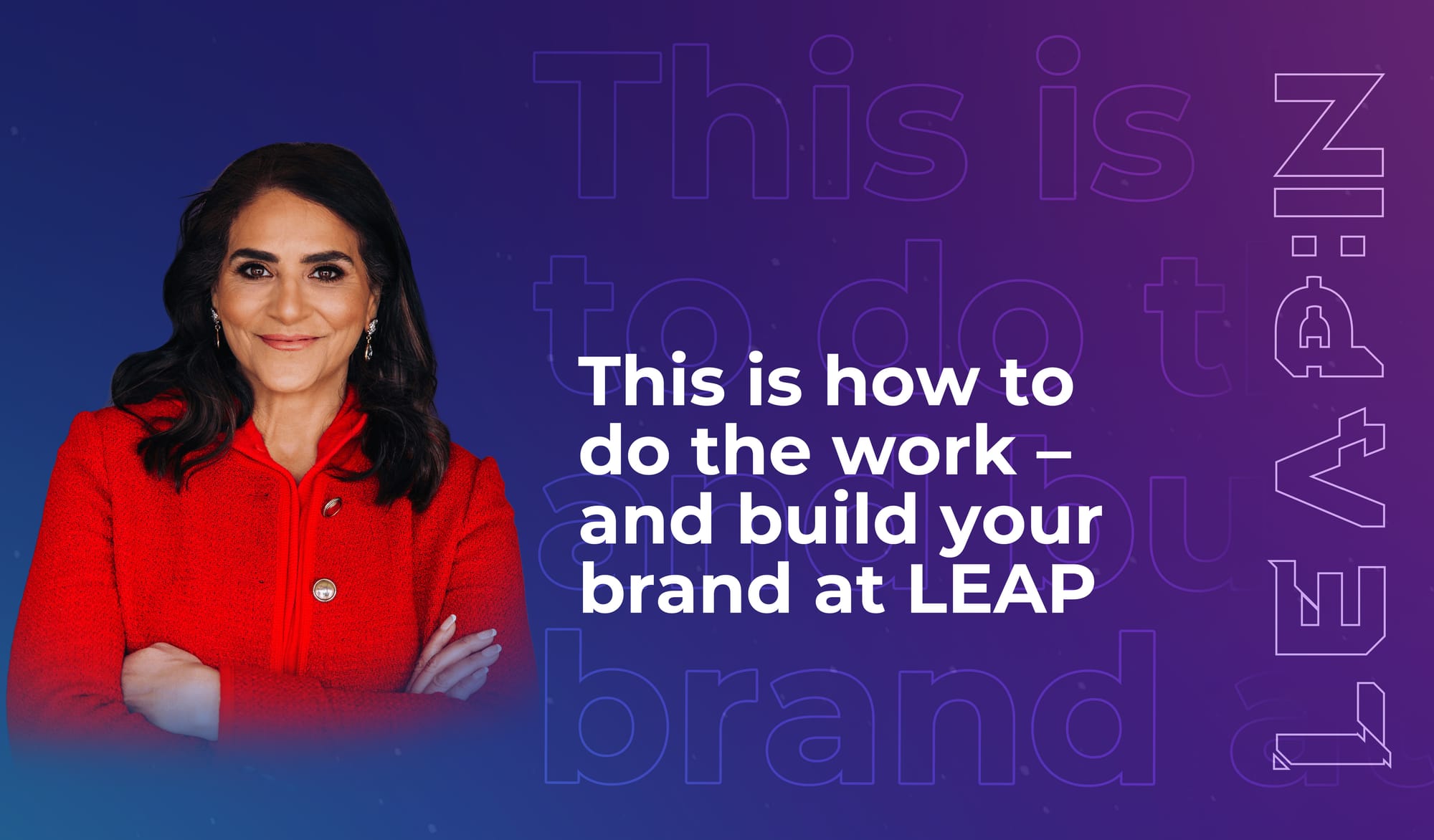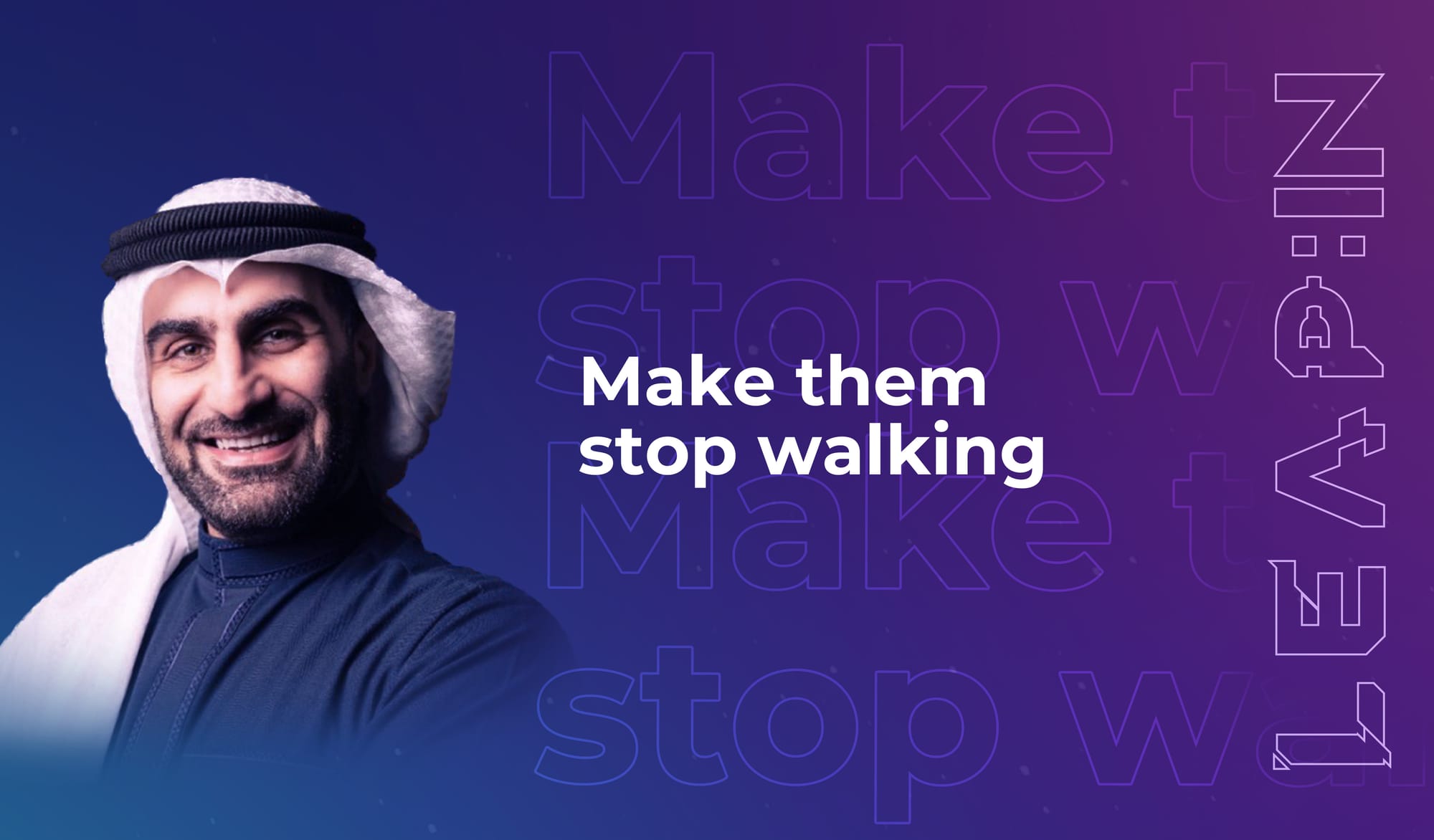

Choose your own dream

Welcome to the 71 new techies who have joined us. If you haven’t already, subscribe and join our community in receiving weekly tech insights, updates, and interviews with industry experts straight to your inbox.
Take a moment for yourself and discover our weekly delivery of insights, inspiration, and exclusive interviews from the global LEAP community.
This week we’re quoting…
Ali Smith (Fiction Author)
What Smith said:
"In a world where tech watches us sleep, even our dreams need passwords.”
When did she say this?
In an interview with The New Yorker in January 2025. She was talking about her new novel, Gliff, which examines the way that modern technology influences every area of our lives.
Smith is a careful critic of technology (or of the way we adopt new tech quickly, without always thinking ahead to potential consequences). But this particular comment about dreams sparked our imagination here at LEAP – so we did a little exploration of the future of tech and dreaming.
Could tech interact with our sleep?
Well, yes; many of us are already using tech to understand our sleep patterns and try to sleep better.
Could our dreams though – the actual content of our dreams – be influenced by technological tools? Could our smart home devices allow us to decide what we want to dream about each night?
Is it possible that we could control our dreamscapes with an app?
Some scientists are saying yes. Like a group of researchers at MIT who introduced the idea of dream-shaping back in 2020; and many others who are experimenting with the potential of brain-computer interfaces (BCIs) to reshape our experiences of the world (and our own heads).
The science behind dreaming
Dreaming happens during the Rapid Eye Movement (REM) phase of sleep. We still don’t know the exact evolutionary purpose of dreams – theories suggest they may serve a range of functions, from helping us regulate our emotions to allowing us to consolidate our memories.
Tech has permeated most aspects of our lives by now. Sleep included, of course; we’re already using wearables and smartphone apps to track our sleep quality and take guidance on when we should go to sleep and what we should do to make sure we sleep well.
Dreams, though, are still a realm of mystery. So the idea that future tech could give us the means to influence our dreams, or choose what we dream about, or even record our dreams is intriguing.

Dream control with neural interfaces
Innovators are immersed in developing tech that can interact directly with our brains. A number of LEAP speakers are working on BCIs for healthcare, for example; devices that can send and receive signals from the human brain.
And in theory, BCIs could be used to influence the brain’s dreaming processes. Imagine a device that could stimulate certain brain regions to induce specific types of dreams. For example, it could help you solve a problem or rehearse an idea while you sleep, tapping into the unconscious mind's creativity. Neural stimulation could even trigger lucid dreaming, allowing individuals to control the plot of their dreams consciously.
We could use this kind of technology like a personal dream director who crafts the experiences you have in your sleep.
Could dream analytics help us understand the meaning behind our dreams?
You might already use some kind of sleep tracking tech to gather data on your sleep cycles, sleeping heart rate, and movements. But what if these devices could go a step (or five) further, and analyse our dreams?
Imagine: Dream analytics that use sensors and machine learning to analyse the patterns and signals from our brains when we’re in REM sleep, and use that data to make inferences about the content of our dreams.
Those inferences could then be turned into guidance. For example, we could get personal recommendations for things to watch, listen to, or do before we sleep in order to make our dream experiences more positive. (We know, we’re stretching here – we like a little theoretical journey of imagination now and then).
Using VR to design dreamscapes
Researchers are exploring the possibility that VR could play a role in dream induction. What if we could access VR systems that gradually tweak the environments we experience when we fall asleep – to encourage the kind of dreamscapes we want to be immersed in.
Some researchers suggest that in the future, VR could integrate with sleep aids to create a totally new form of immersive dreaming. You’d fall asleep with your VR headset on and float into a pre-programmed dream world designed to be exactly what you want it to be. To foster creativity, relaxation, or adventure.
But should our dreams remain untouchable?
They happen inside our own minds. Tucked away out of reach of industry, for the most part. So while we’re fascinated by the possibility that tech could enable us to choose our own dreams, there are ethical considerations here.
In particular, concerns relating to privacy, consent, and mental autonomy. If tech can influence our dreams, then could our dreams be hacked? Could our dreams be manipulated for nefarious purposes – without us even realising it?
Sleep tech is already a thriving market. But we want to know what you think. Should the tech industry leave dreams alone – or are experiments in dream tech a positive, exciting area of future exploration?
Have an idea for a topic you'd like us to cover? We're eager to hear it. Drop us a message and share your thoughts.
Catch you next week,
The LEAP Team





